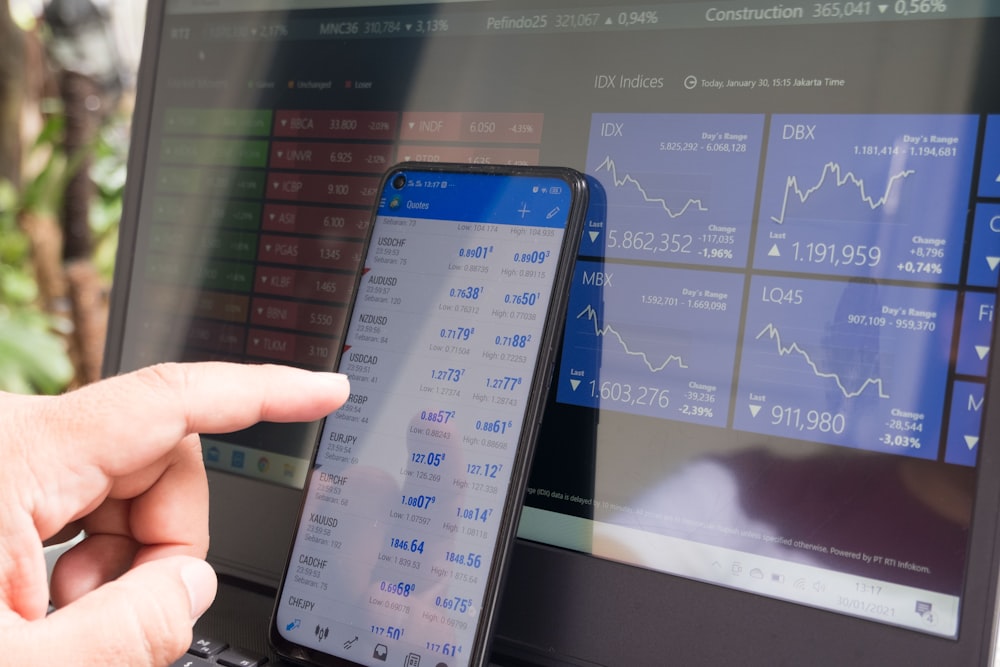What Credit Suisse Means To You
Image Source: Unsplash
Short answer: not much.
But let’s dig in a little bit.
A friend of mine watched the press conference in Switzerland and relayed the details to me.
Representatives from every party involved were on the dais, perhaps 8–10 people. No hemming and hawing except when Ralph Hamers, the CEO of UBS, answered a question about job cuts. The whole proceeding was very clinical, very Swiss. The stiff regulatory hand is still in place. The decision required no shareholder vote. They wiped out AT1 bonds but kept equity intact.
The bank was simply euthanized. There will be case studies on this for years to come, perhaps a model on how to take a bank out of circulation. There was virtually no market impact. Stocks were up the following day, on Monday.
I seem to remember another time when stocks were up after a bank failure…
Remember Bear Stearns?
The day was March 17, 2008. That was the day JP Morgan rescued Bear Stearns. Everyone was limit short. Everyone thought the crisis would cascade. And then…
Stocks went up 17% in three months, peaking in June, squeezing out all the shorts, so most of the smart hedge fund guys ended up missing the main event.
Now, there are a lot of differences between these two events. The first is that in the current iteration, I don’t get the impression everyone is short. I get the impression most people were hoping for a clean resolution to this, and that’s what happened.
But the question is: is the crisis over? And if it’s not, who’s next?
You might have seen those charts getting passed around about the level of borrowing at the discount window, which is higher than it was in 2008. This much we know: there are banks in trouble out there. We just don’t know who, and we won’t find out for a while. But there is pain out there. Banks are squealing. And as I’ve said a million times before, nothing goes down in a straight line. We may have survived the first wave, but we might not survive the second wave.
The feeling you’re experiencing right now is a relief. Credit Suisse got taken under, and the world didn’t end. What I’ve learned about crises in my career is they can be very slow-moving and take a long time to play out.
The Effect on Stocks
Credit Suisse taking the proverbial hit doesn’t necessarily mean the stock market goes down. I can think of a lot of reasons stocks might go up, especially in the short term. I’m sending out this week’s issue of The 10th Man the day after the Federal Open Market Committee meets, but it’s possible the Fed may decline to hike rates in this environment. At the time of writing, there is currently a 27% chance of that happening.
Since we’re talking about the Fed, I think it would be a mistake to raise rates at this meeting. A big mistake. After all, the crisis we’re experiencing is a direct result of cramming too many rate hikes and QT in the span of a year. They were going to hike until they broke something, and they finally did, and… now they want to break it further? This Fed, which was pretty complacent about inflation for a lot of years, is as vigilant now as it was complacent before. The Fed is currently in a blackout period, but I would not be at all surprised to see St. Louis Fed President James Bullard out there yapping his trap about raising rates even after this mini-crisis. It’s going to happen.
I don’t really have a strong opinion on stocks at the moment. If you press me on it, I would probably say I’m bullish in the short term and bearish in the long term. And, as I said, there is precedent for stocks rallying after a bank failure. I just have a hunch that we haven’t fully realized the consequences of 500 basis points of rate hikes in a year yet.
What Does It Mean to You?
Never have all your money in one place.
Have some in a big bank, have some in a small bank.
Have some in money market funds.
Have some in gold or bitcoin.
But don’t have it all in one place. That is the lesson here. And that is the lesson that depositors in Silicon Valley Bank never had to learn. The Fed bailed them out, which is too bad. But apparently, a lot of those individuals and firms were required to have all their deposits in SVB as a precondition for receiving banking services.
In the future, if a banker tells you to have all your money in his bank, tell him to take a long walk off a short pier.
More By This Author:
Not So Good At Finance
The Yield Curve Screams Recession
The Indexing Bomb
Disclaimer: The Mauldin Economics website, Yield Shark, Thoughts from the Frontline, Patrick Cox’s Tech Digest, Outside the Box, Over My Shoulder, World Money Analyst, Street Freak, Just One ...
more



